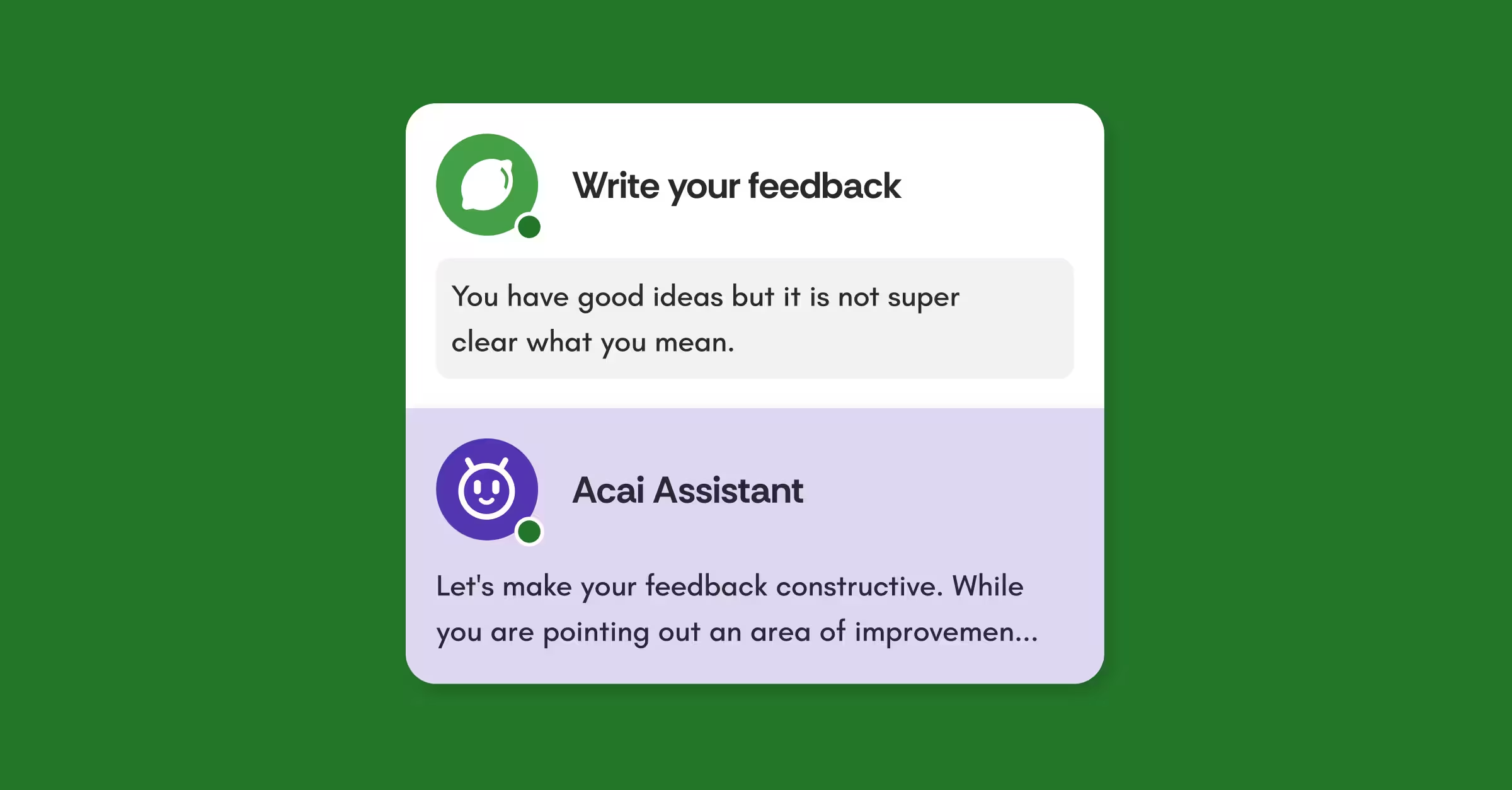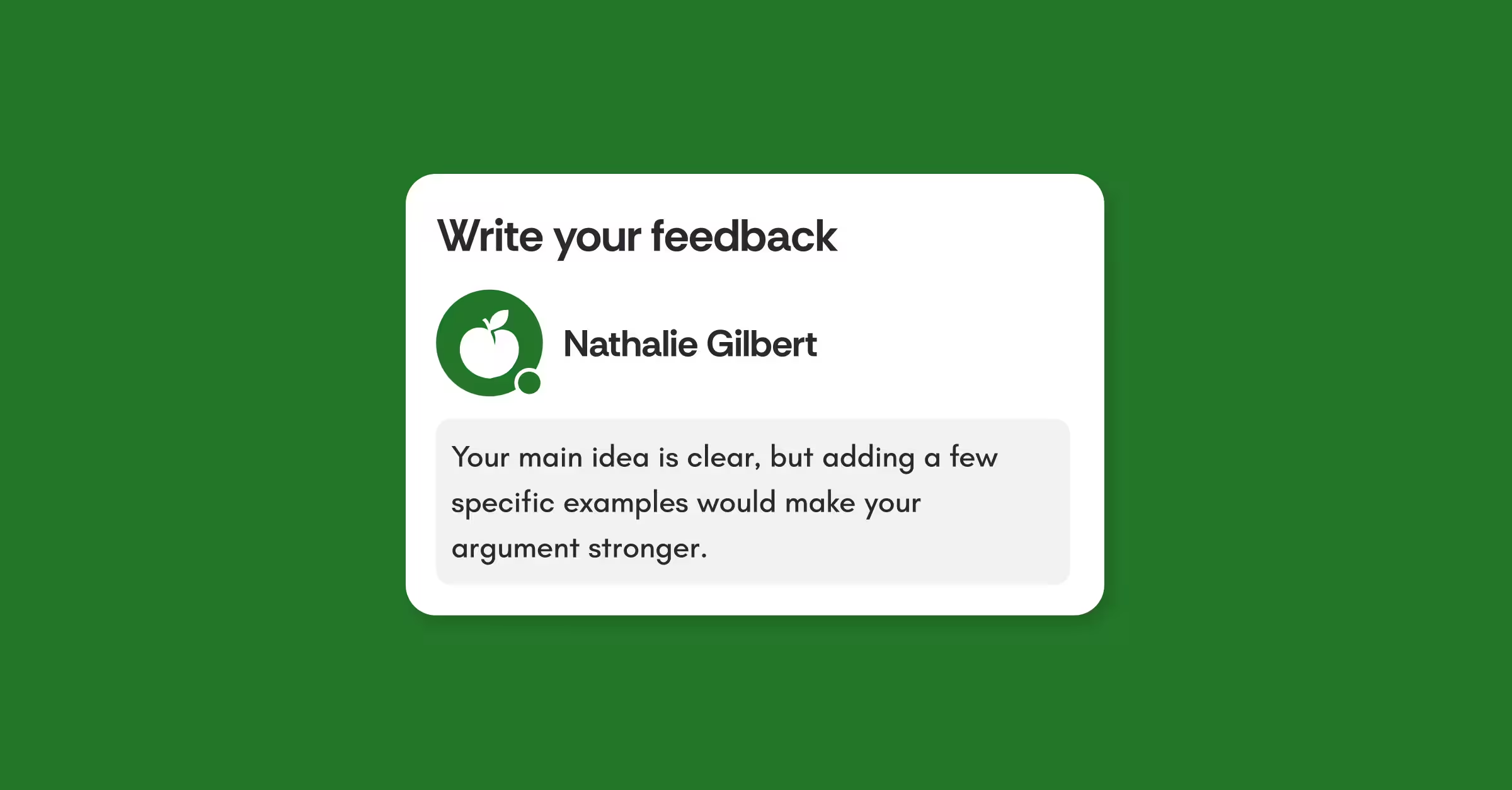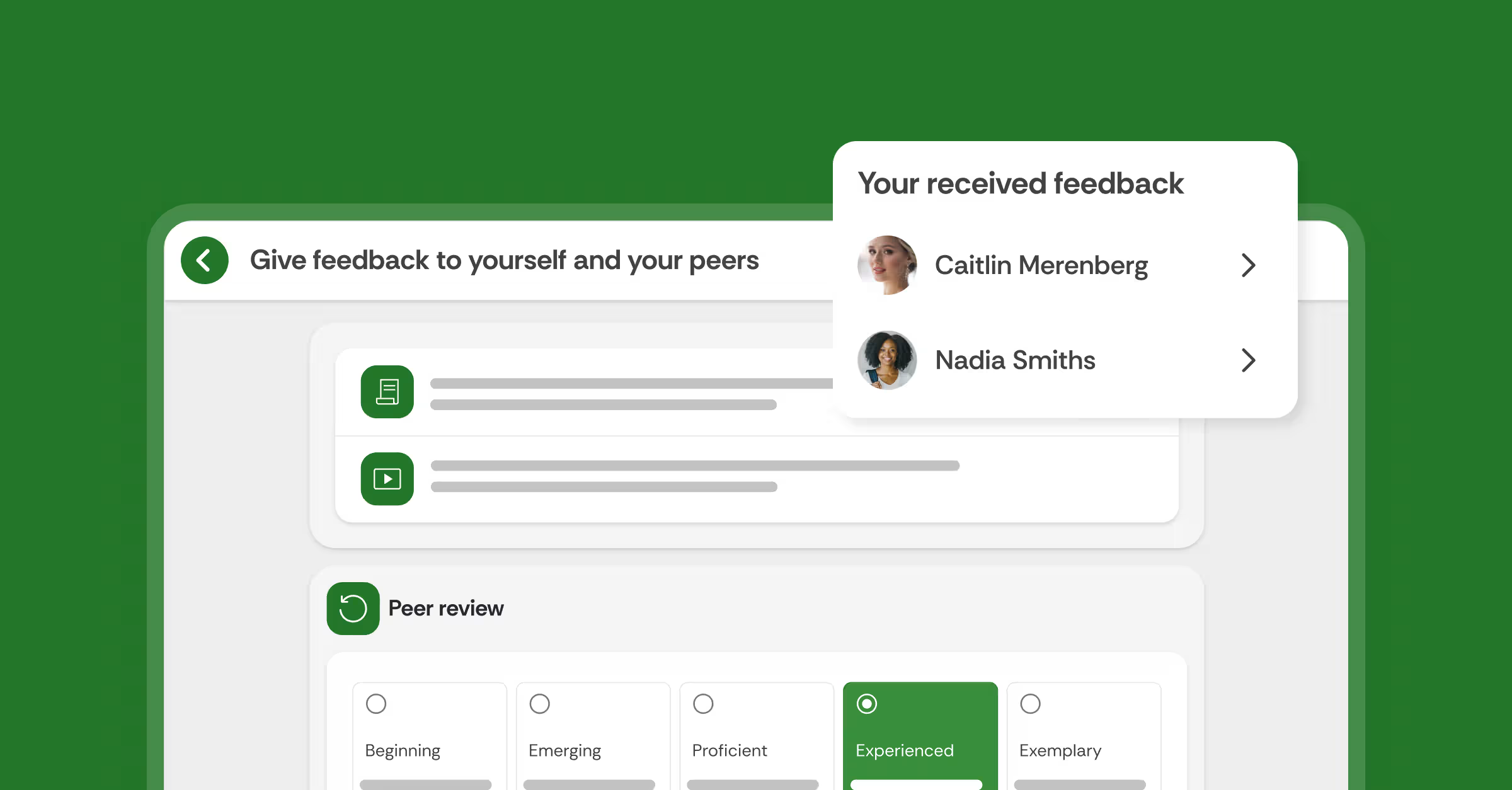Online proctored exam: Are you really trusting your students?
Rise of online proctored exams
As another exam period takes place entirely online, universities face the challenge of facilitating an inclusive, fair, and cheating-free testing environment. Online examination presents the risk of an unmonitored condition, where students have all the opportunities to consult outside sources while taking the tests. That's why an increasing number of institutions have turned to online proctored exams as the effective solution to ensure academic integrity and honesty.
Proctoring systems present the great ability to monitor and facilitate online exams taken by hundreds of students across varied time zones and settings. Especially during this sudden transition to remote learning, employing a computer surveillance software would significantly minimize cheating, ultimately preserving academic integrity.
Contrary to all the excitement among school administrators, teachers and students (especially students) demonstrate a polarized attitude towards proctoring. “Cringy, creepy, awkward, and invasive" are the words used most often by students when referring to the digital proctoring systems. Instead of being more honest while taking online tests, students constantly seek for strategies to trick the proctoring camera.
Amid the complaints of privacy, increased anxiety and counter effectiveness of online exam surveillance, proctoring companies are still doing well and thriving throughout the pandemic. 77% out of 312 universities stated that they were either implementing or planning to facilitate online surveillance systems, according to a survey from Educause.
Universities are doing their best to ensure solid academic continuity and consistent student performance, but does this mean having to rely on surveillance software?
Higher education testing must no longer prioritize assessment of learning (quantifying students' performance), and must address the dichotomy between assessment for and of learning, or formative and summative evaluation.
Therefore, this article aims to address the forever burning question of assessment in higher education, via discussion of proctoring systems and suggestion of assessment alternatives to leverage both assessment for and of learning.

What’s wrong with online proctoring?
Before pointing out the problems of online proctored exams, it is sensible to fully understand the tool, how it works and what benefits it can generate.
Online proctoring allows teachers to facilitate remote examination and minimize academic misconduct [7]. The system would either use webcams to monitor students' test surroundings, or integrate softwares into their computers to control the use of other online sources while taking exams. Proctoring can also involve human participation - for example, online proctors who are present to supervise students’s performance remotely [7].
Higher education institutions have highly acknowledged the benefits of online proctored in several areas, including:
Flexibility: Online proctoring allows for much more flexibility. On the one hand, institutions can conduct and supervise assessment at a much larger scale, over different time zones. On the other hand, students are able to arrange their own preferred time slots to take the tests, and to break free from the need to travel for exams [1].
Task automation: Employing a virtual surveillance system helps institutions save time and effort in mundane tasks, such as printing, arranging test venues, and recruiting human invigilators [1] [2].
and of course, Reduction in cheating: Academic misconduct is less likely to happen now that invigilation is one-to-one. Each student is accompanied and supervised by a private invigilator, which is a software integrated into his/ her computer [1] [2].
At the same time, increasing concerns were expressed over the implementation of proctoring, which center on:
1 - Intrusiveness and exam anxiety
It’s undoubtedly awkward and uncomfortable having a computer system supervise each and every move you make for 3 hours straight. Many students describe online proctoring as a manifestation of the “Orwellian" practice - an authoritative attempt by universities to prevent academic misconduct [8]. Complaints of intrusiveness is another huge concern as well. Proctoring system asks students to provide their name, identity numbers for exam authentication and verification. This leads to many questioning how their data is stored and processed.
Doing online exams under computer surveillance also increases anxiety. Studies have revealed a negative correlation between students' anxiety levels and exam performance: the more nervous students feel, the lower results turn out for their tests. Most importantly, those taking tests while being monitored by proctoring software tended to have a higher anxiety level.
2 - Academic inclusiveness
Other than privacy and anxiety concerns, criticism towards proctoring points towards its failure to address students' difference in terms of race, physical disabilities, as well as social and financial status. Lately, news has been stirred by frustrated international students over ExamSoft - a proctoring system, as the software “unintentionally" does worse at recognising identity of “non-white" students, especially females. Proctoring systems cause further trouble for students with special physical and mental conditions due to its cheating detection algorithm. The system would flag any abnormal behaviors from students to indicate whether their “suspicion level" is high, which equals cheating practices [8]. What if students are just a bit slower than others to type on the computer, or they have a hard time concentrating on the screen? Such individual differences will be automatically identified as suspicious, leading to unjust charges of dishonesty and cheating. In an attempt to foster integrity and honesty within higher education, proctoring can instead promote discrimination and prejudice.
3 - Technical issues
There are other issues to consider as well. Complaints are raised over technical set-ups of online proctored exams, ranging from complicated software installation and internet drop-out, to long wait times. Both teachers and students complain about how long it takes to install the software onto computers, or the internet suddenly drops in the middle of the exam [4] [5].

It's time to put more faith in your students
All things considered, it's time institutions look beyond the sole purpose of maintaining the same educational performance as face-to-face classes prior to COVID-19. Instead of asking “What is the best way to prevent students from cheating during tests", we should focus on “Why would students rather cheat during tests than actually study for them?”
Understanding the root of the problem
Contrary to popular belief that online learning leads to higher levels of dishonesty, the situation is actually the same for both remote and in-person contexts. Regardless of the learning contexts, it is still highly likely that students commit academic misconduct during examination. So what is the real problem here?
A study conducted in 2017 attempted to explain why students engage in cheating, drawing on several factors namely unmonitored testing conditions, competitiveness, lack of teachers' discipline [10]. Surprisingly, it was found that the lack of “a moral anchor within the classroom" and “a desire to get ahead" were the main drivers behind academic dishonesty [10].
From such findings, it is easy to see that cheating doesn't stem from assessment conditions, yet it emerges from the result-oriented education which evaluates progress through concrete numbers.
Assessment should be the driving factor behind effective, lifelong learning rather than a constant source of fear for students. We must do better than relying on surveillance and control to ensure academic integrity. What we should do, and must do, is to employ alternative assessment forms that promote a constructive learning community, both online and in-person.
1 - Utilize open-book exams (OBE)
The need to supervise students during exams comes from the fact that most tests are issued under closed-book formats. Closed-book exams, despite producing higher results consistency, are often associated with cheating and increased exam anxiety. Open-book assessment, on the other hand, allows for a more relaxing and stress-free testing environment. As students feel less stressed while taking exams, they are able to use higher-level cognitive skills (critical thinking, analysis, and evaluation) to solve the problem [3]. In other words, an open-book approach fosters deep and active learning, as students would voluntarily read up on a subject, rather than restrict their study to test materials [3].
Within the virtual environment, open-book exams can be exercised either asynchronously or synchronously. E-portfolios, journals, or research reports issued through online platforms could be effective forms of OBE. With Automated Feedback, or Assignment Review, teachers can successfully implement the open-book approach, reduce exam stress, and encourage active involvement from learners.
2 - Integrate formative assessment forms - Self/Peer assessment and Online Discussion
Integrating both summative and formative assessment should be the ultimate goal in online course design. While the former indicates the final achievement of the learners, the latter provides rich input for improvement. Replacing stressful, intense testing sessions with self/peer grading assignments, e-portfolios, or online discussions significantly fosters higher-order thinking skills and in-class collaboration. These activities can be easily designed and implemented via employing pedagogical tools.
As an example, using Group Member Evaluation, Griffith University issued self-to-peer grading as an alternative assessment among medical freshmen. Instead of taking individual exams, students worked in groups to produce and present an academic poster, then evaluated their group members' evaluation based on a given rubric. Scores given by peers contributed to 15% of the total final grade.
For an open-enrollment course issued by MIT successfully utilized online discussion as the alternative assessment. Students were required to produce a report based on the face-to-face lectures, then give feedback on their peers' work. These feedback were used as input for an online discussion, in which instructors and learners together elaborate on outstanding comment points. Not only did this activity foster critical thinking and self-regulated learning, but it also motivates students to focus on improvements instead of the end results.
3 - Foster an interactive, academically ethical community
Despite all the criticism, summative assessment is still necessary. However, it should be executed with trust, rather than subjecting students to surveillance and monitoring with online proctoring. It is therefore absolutely vital that teachers build a constructive learning community that promotes collaboration and intrinsic motivation, thus encouraging learners to take ownership of their own learning.
To foster remote teamwork, teachers can implement project-based activities, in the form of group/team assignments. Rotterdam University of Applied Sciences successfully designed an online group assignment for trainee-teacher students. In this activity, students worked in groups to develop criteria for good pedagogical practices. Throughout the assignment, they are encouraged to give feedback on other groups' performance, using an LMS-integrated tool. In the end, students feel more comfortable working with their peers, and improve their performance based on peers' comments.
To create motivation and engagement, teachers can increase interactivity within online classrooms. Instead of giving a 2-hour zoom presentation, let your students participate in the process by asking questions, giving comments or notes. Interactive study materials and Online Discussion allow you to do this with ease.
Conclusion
Maintaining academic integrity and honesty is important, yet is it worth compromising students' privacy by putting them under supervision?
It's time to trust your students, and focus on cultivating an online learning community that constantly promotes and generates collaboration, activation and deep learning.
Reference
[1] Alessio, H., & Maurer, K. (2018). The impact of video proctoring in online classes. Journal on Excellence in College Teaching, 29(3&4), 1-10.
[2] Chin, M. (2020, April 29). Exam anxiety: How remote test-proctoring is creeping students out. The Verge. Source
[3] Dale, V. H., Wieland, B., Pirkelbauer, B., & Nevel, A. (2009). Value and benefits of open-book examinations as assessment for deep learning in a post-graduate animal health course. Journal of Veterinary Medical Education, 36(4), 403-410. Source
[4] Daniels, N. (2020, May 12). Should students be monitored when taking online tests? The New York Times - Breaking News, World News & Multimedia. Source
[5] Flaherty, C. (2020, May 11). Online proctoring is surging during COVID-19. Inside Higher Ed | Higher Education News, Career Advice, Jobs. Source
[6] Hubler, S. (2020, May 10). Keeping online testing honest? Or an orwellian overreach? The New York Times - Breaking News, US News, World News and Videos. Source
[7] Norman, D. (2020, March 31). Waiting for the redirection. Source
[8] Rose, J. (2020, September 24). Students are rebelling against eye-tracking exam surveillance tools. VICE - VICE is the definitive guide to enlightening information. Source
[9] Simkin, Mark & Mcleod, Alexander. (2010). Why Do College Students Cheat?. Journal of Business Ethics. 94. 441-453. 10.1007/s10551-009-0275-x.
[10] Woldeab, D., & Brothen, T. (2019). 21st Century Assessment:Online Proctoring, Test Anxiety, and Student Performance. International Journal of E-learning & Distance Education, 34(1), 1-10. Source
















![[New] Competency-Based Assessment](https://no-cache.hubspot.com/cta/default/3782716/interactive-146849337207.png)










